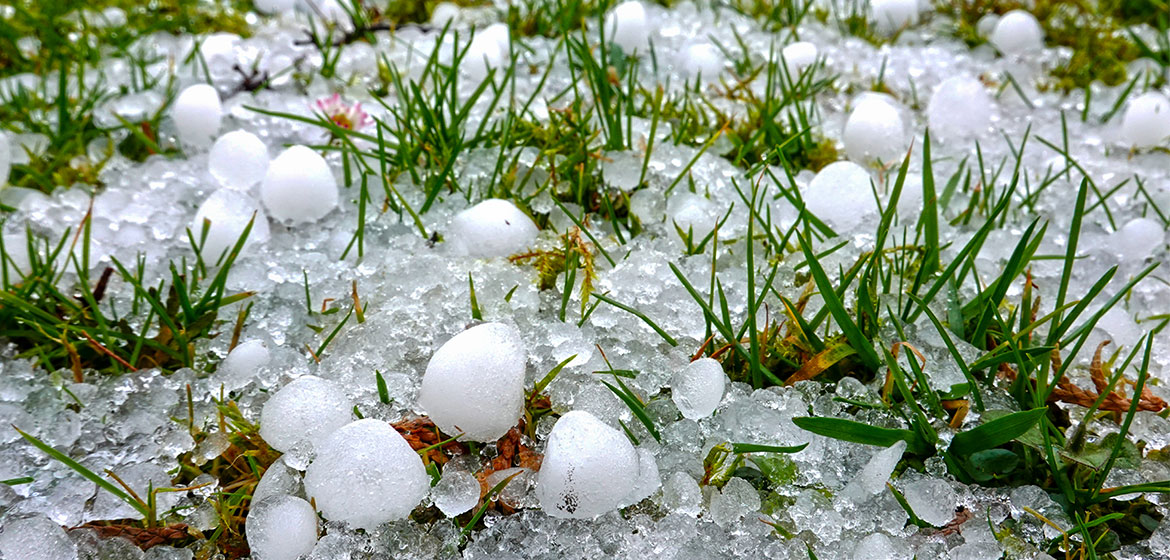5 Biggest Challenges When Filing A Hotel Property Claim After A Hail Storm

Hail storms can wreak havoc on hotel properties, causing significant damage that may require filing an insurance claim to cover the costs of repairs. However, navigating the process of filing a hotel property claim after a hail storm can be complex and challenging. Hotel owners and operators may encounter various obstacles that can delay or complicate the claim process. In this article, we will explore the five biggest challenges when filing a hotel property claim after a hail storm.
Assessing and Documenting the Full Extent of Damage
Hail storms can cause damage to various parts of a hotel property, including roofs, windows, siding, outdoor amenities, and more. Assessing and documenting the full extent of the damage can be challenging, as some damage may not be immediately visible or may require a professional inspection to identify. Hotel owners and operators need to thoroughly document all damages with photographs, videos, and written descriptions to support their claims.
Understanding Insurance Coverage and Policy Limitations
Hotel properties typically have complex insurance policies with various coverages and limitations. Understanding the insurance coverage and policy limitations related to hail damage can be challenging. Hotel owners and operators need to carefully review their insurance policies to determine what damages are covered and what limitations or exclusions may apply. For example, some insurance policies may have deductibles or coverage limits that could affect the claim amount. We understand that navigating the insurance company’s claim process and requirements can be overwhelming; hence we offer complimentary claim review services as we advocate for your rights.
Minimizing Business Interruption and Guest Dissatisfaction
Hail damage to a hotel property can disrupt normal business operations, resulting in loss of revenue and guest dissatisfaction. Hotel owners and operators need to take prompt action to minimize business interruption and guest dissatisfaction while also managing the insurance claim process. This may involve relocating guests to other rooms, coordinating repairs during non-peak hours, and communicating updates to guests and staff.
Dealing with Multiple Stakeholders
Hotel properties often have multiple stakeholders involved in the claim process, including insurance adjusters, contractors, vendors, and possibly even third-party management companies. Coordinating and managing communication among these stakeholders can be challenging, especially if they have different priorities, timelines, or expectations. Hotel owners and operators may need to work with insurance adjusters to assess the damage, obtain quotes from contractors, negotiate repairs and costs, and ensure that vendors are providing accurate and timely information. Managing these relationships while dealing with the immediate aftermath of a hail storm can be overwhelming.
Resolving Disputes and Delays
Insurance claims for hail damage can sometimes result in disputes or delays in the claim settlement process. Insurance companies may dispute the cause or extent of the damage, or there may be delays in processing the claim due to backlog or other issues. Resolving disputes and delays can be time-consuming and require legal expertise, further complicating the claim process for hotel owners and operators.
With our extensive knowledge of insurance policies, claims processes, and construction expertise, we effectively assist hotel owners and operators in resolving disputes and achieving fair and timely claim settlements. Our team of qualified and impartial umpires can provide professional and unbiased assessments, help navigate complex insurance policies, and ensure that all aspects of the claim process are handled efficiently and effectively.